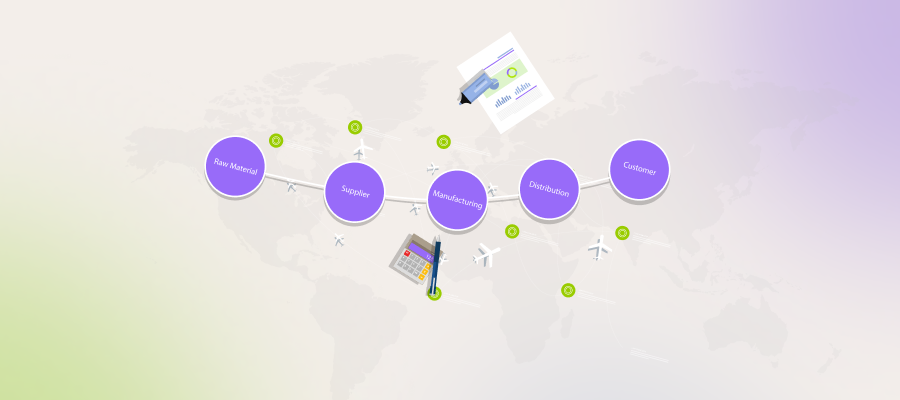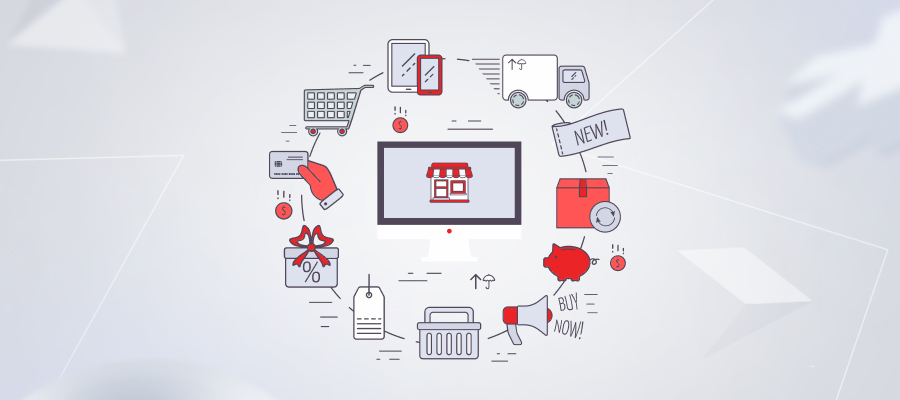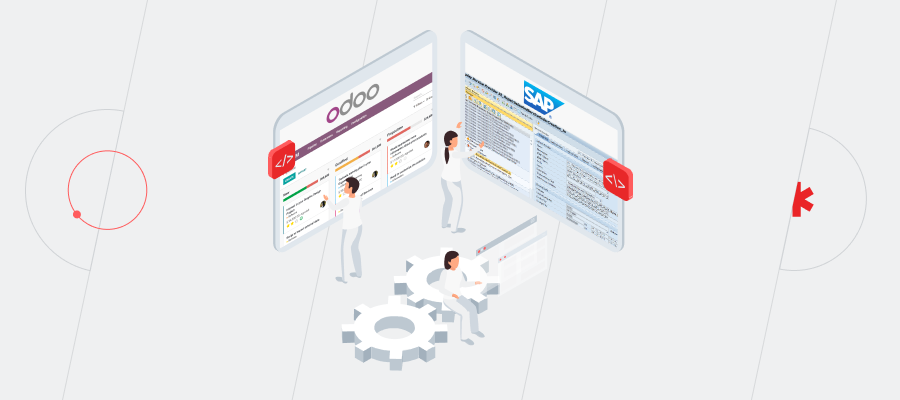“One” is the worst number for doing business – we all heard that a lot of times. Nevertheless, again and again, we see companies fall into the same trap while working with only 1 customer, 1 employee, 1 product, 1 supplier… It is always just a matter of time before one leg you stand on lets you down. For stability, you should always have more than one leg.

We have been working in the field of information technology for a long time and quite often meet a situation when firms need to take urgent measures because their ITO supplier quit on them at the most inopportune moment. Clients suffer from poor quality of a product, there are even dismissals in management of customer companies. What’s going down? Experience shows that such trouble is almost inevitable to happen to those who deal only with one supplier.
It should be noted that the search of a supplier of IT services, due to a number of reasons, is a tedious and time-consuming task. So inexperienced managers stop torturous searches and focus on other work as soon as they find the first suitable candidate. This is their strategic mistake. After all, diversification is extremely important to ensure stability.

If you have only one supplier, you become inevitably dependent on him. And this gives him an opportunity to raise prices and impose such conditions that may be not only unprofitable for you, but even onerous.
The situation can change
Usually a not very conscientious supplier forces a company to take decisive steps in finding a replacement. But the search for alternatives should be conducted even in case your supplier works perfectly. Unexpected troubles beset everyone, and your ideal supplier at any moment can stop working due to completely objective reasons. And this will immediately result in very painful problems for your company.
A good example of such a situation is a case with Indian service provider Satyam, which was admitted to the falsifying company accounts in 2009. All clients of Satyam who relied exclusively on the services of the provider suffered substantial losses.
We should not forget that any supplier can encounter difficulties with its staff and with conflicts in the management team. And between the jigs and the reels someone of the key top managers may suddenly drop everything and move to Tibet to experience Buddha’s legacy and to open the chakras. In this case it is hard to predict what will happen to motivation and general team support dedicated to help you.

After all it could be better
Even if you believe that you’re okay with one supplier, it means nothing. Even if you think that Honda Civic is a great car, it does not mean that you will not change your mind after driving a Mercedes E class for about three months. In a similar fashion the reason why companies often believe that they have a good outsourcing partner, is because they haven’t tried someone who provides a service or an expertise that is head and shoulders above the one they have.

Of course, you may find that your new ITO supplier is the same, or even worse than the one that you are working with, but that doesn’t mean you have to stop looking for some service supplier that would provide better quality, speed or price.
German IT Outsourcing Intelligence Report 2012 researched outsourcing activities of 764 German companies. When asked if they multisourced, 53.8% of the respondents answered they outsourced to more than 1 vendor. You may see the statistics in the chart below.

An alternative provides a positional advantage and the power
Having multiple suppliers gives you not only stability, but also provides positional advantage and strength. This is the most important postulate, which opens great perspectives for freedom of choice. When you have an alternative, you do not need to convince your only supplier that the quality of his work is not up to standards. You do not depend on the capacity of his team scaling. You don’t need to be some tough negotiator when you set the terms of the contract, the price, etc. You simply do have the freedom of choice.
So, alternatives are one of the main components that underpin a thriving business. Dear managers, keep this in mind and do not neglect this simple and important rule.

Co-Founder & VP
*instinctools EE Labs










